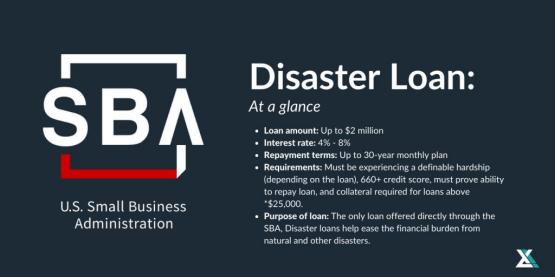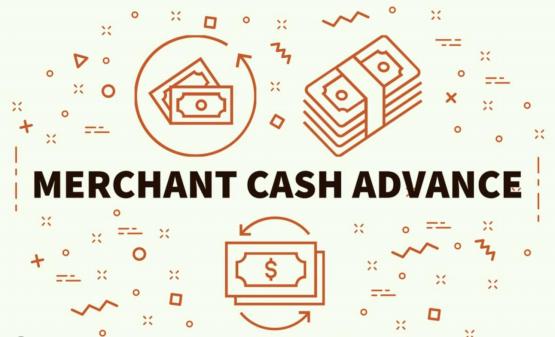Small business is an integral part of the economy; the major challenge of running a small business is capital. Loans can serve as that critical support for financing a new project, managing cash flow, or increasing the scale of operations. Being aware of all these options would help in making sound financial decisions by small business owners. This article will focus on the major loan options available to small businesses, their benefits, and factors in selecting the best financing option.
Traditional Bank Loans
Traditional bank loans are the most used funding types for small business ventures. These loans have the long-term investment option such as buying equipment and property as they have a low rate of interest, with proper structures of repayment.
Advantages: Low rate of interest, large amounts, and structured repayments
Disadvantages: Stiff qualifications and long duration for approvals.
Good For: Established businesses, good credit, and proven income.
SBA Loans (Small Business Administration)

SBA partners with lending institutions to provide loan guarantees for various programs under the umbrella of the 7(a) Loan Program and CDC/504 Loan Program. SBA loans are the best in most cases. So, it is definitely worth considering if one is unable to obtain a regular loan from a bank. SBA-guaranteed, low interest and relatively longer time repay. There is a long wait in order for an application to process. There are severe conditions before approval.
Microloans
A borrower accesses microloans, or rather, through nonprofit organizations or through lenders within their community. Small loans are for startups and small business activities that have a lesser source of capital. SBA offers some microloan programs which lend as high as $50,000. The funds can either be applied to working capital or acquisition of equipment.
Advantages
For startups and small business use, they offer easier access and flexible loan provisions, including the possibility with smaller loan amounts based upon limited credit history.
Cons: Loans may not be as available in some areas; the low amount of a loan might not be enough to sustain developing businesses.
Best For: Newer, just starting startups and companies with smaller capitals to fuel early growth.
Equipment Financing

Financing for equipment is a type of loan where the funds are utilized to buy technology, machinery, or cars. A business can more easily qualify for a loan of this kind by using the equipment as security.
Advantages: Leverage necessary equipment with minimal, if any, out-of-pocket expense, and often lower approval requirements due to the collateral.
Cons: Used only to acquire equipment, and sometimes it risks depreciation.
Recommended For: The businesses are use some basic or necessary equipment to run a business or scale up but still do not want to place a large sum of upfront capital.
Invoice Financing
Pros: Get cash immediately based on the open invoices, no security to provide.
Cons: Stiff fee structure and high interest rates that devour the profit margins.
Best For: Those companies which have great bills to collect for quick capital to keep the business floating.
Merchant Cash Advances (MCAs)

MCAs advance a lump sum of capital against a percentage of future sales. The qualification process is much easier than most traditional loans but at a much steeper price.
Pros: Quick access to cash; approval based on sales rather than credit score.
Cons: High interest rates and fees, which can bleed cash over time.
Best For: Businesses that experience consistent credit card sales so they can access capital with ease.
Crowdfunding
Other form of alternative funding that also came into the picture includes crowdfunding. This is actually because businesses can raise their money through platforms like Kickstarter or GoFund Me. Here, people could pledge early access to your product or service.
Advantage: Not repaid, and also marketed.
Cons: Very time-consuming, and also depends on marketing.
Best For: Startups and creative businesses with a good story or product idea.
Personal Loans for Business
Personal loans are available for personal use, but from this type of business concern when the entities are considered rather new. Generally personal loans are less difficult to obtain, with more uses flexibility and it can tend to impact the personal credit in relation to the owner themselves.
Pros: The possibility of easily qualifying more use flexibility.
Cons: It bears a riskier interest rate, and it risks its own credit and other properties.
Best For: Sole proprietors and small businesses in the starting phase with limited finance.
Conclusion:
Loans for small businesses come in various forms, and some are better suited to businesses than others. Traditional loans through banks, SBA-backed loans, crowd funding, invoice financing, and others are all different depending upon your business's needs, creditworthiness, and growth objectives. The more you learn about each form and how it will benefit or hurt your business is key to making the right decisions for financial success.



